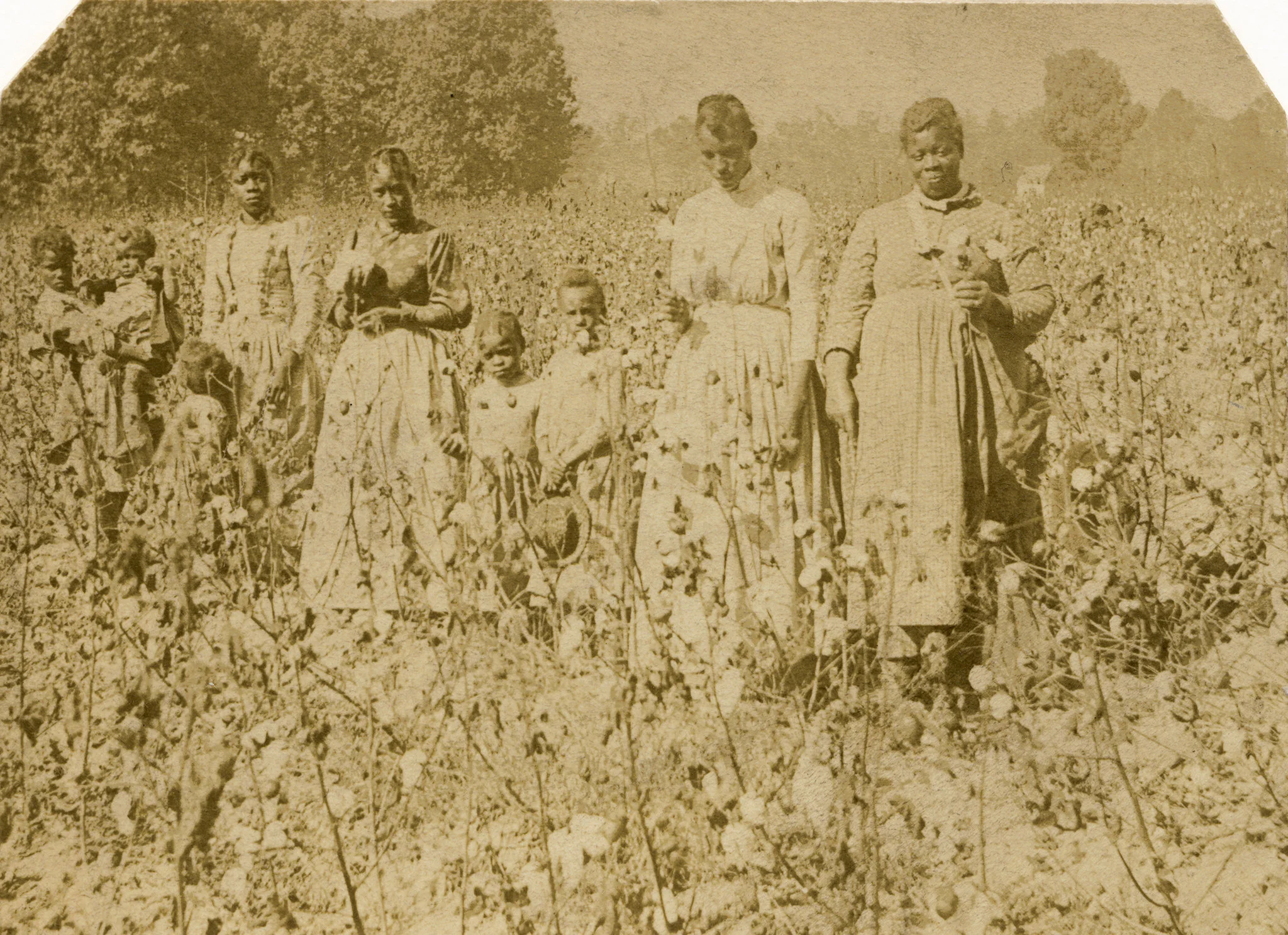Juneteenth
Global financial statistics, and particularly those of capitalist America, are born on a bed of slavery. It is impossible to discuss economics without acknowledging the significance of the institution.
In 1860, over 2 billion pounds of cotton were sold at an average price of $.10/lb. $220 million was made that year, the equivalent of $6.5 billion in 2014, and 99% of that money went to 14 cotton plantations. That is like 14 industrial farms today making almost $460 million in a single year. Slaves in 1860 were a form of currency and property - the 3/5 person rule said one Black American was 3/5 a person by value, and the average cost of a slave at auction was $800 ($2.6 million in 2016).
Family members would be given the option to purchase a slave before being sold at auction. This is the equivalent of being offered to purchase your brother for $2.275 million before he was sold at auction at $2.6 million.
Less than 5% of plantations (2,300) owned more than 100 slaves, and of that 2,300, only 13 had 500-1,000 slaves. To own more than 500 human beings was the equivalent of being a billionaire today.
Abraham Lincoln estimated that the institution of slavery was worth $2 billion in 1860.
Out of the 4.4 million slaves recorded in 1860, 90% were working on cotton plantations.
It would take 2 people today to accomplish the daily labor expected of a slave.
Since then, Black Americans have been denied the opportunity into invest into the land they were born in. Systemic barriers have made it near impossible to build generational wealth or accumulate assets. Black communities were often redlined - deemed not advantageous investments, which has resulted in an overall 23% devaluation of majority black-owned property. Even in 2017, black homebuyers are at a significant disadvantage; Black Americans had a purchasing power of 55% of the market, while white could afford 80% of homes on the market.
In my home state of Louisiana, we have an especially heinous relationship with race. Of the 48,000 people jailed in 2015, 52% were Black - even though only 33% of state residents are Black.
Because our Black population was denied opportunities to invest in their communities or build wealth, today only 12% of the 40% of Black businesses applying for COVID relief have been approved for it. One reason for this is that it is harder to find traditional banking support when starting a business.
Last year, I remember hoping that Juneteenth would one day be considered a visible holiday. A celebrated event. A banking holiday. While we have increased awareness of the systemic racism prevalent in America, that mere awareness required unimaginable sacrifice from millions.
Please support Black-owned businesses during COVID, as they are being disproportionately affected.



